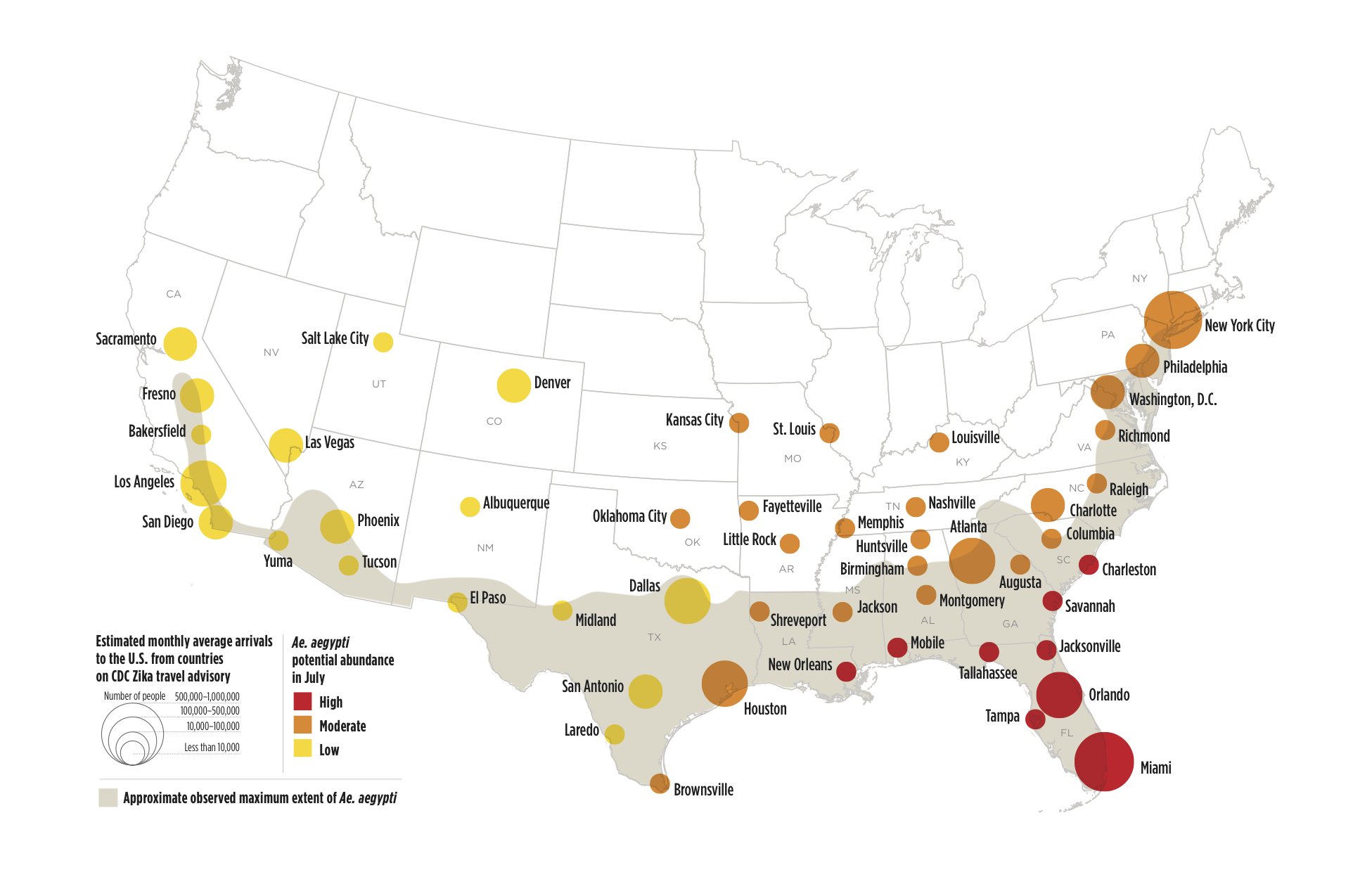Donald Trump on Wednesday delivered a foreign policy speech designed to lay out a new direction and draw a contrast with the previous two administrations. But for some, he instead evoked comparisons to a wing of American nationalists in the period immediately before World War II.
Trump’s much-hyped address centered around putting “America first” on the world stage, a phrase he repeated throughout the speech.
But the phrase also refers to the America First movement in the early 1940s, in which some elements were associated with anti-semitism and U.S. nationalism in the lead-up to World War II.
In a statement Thursday, the Anti-Defamation League, an organization that fights anti-semitism, asked Trump to “reconsider” using the phrase.
“The undercurrents of anti-semitism and bigotry that characterized the America First movement — including the assumption that Jews who opposed the movement had their own agenda and were not acting in America’s best interest — is fortunately not a major concern today,” ADL CEO Jonathan Greenblatt said. “However, for many Americans, the term ‘America First’ will always be associated with and tainted by this history. In a political season that already has prompted a national conversation about civility and tolerance, choosing a call to action historically associated with incivility and intolerance seems ill-advised.”
“It doesn’t seem to matter to trump that America Firsters didn’t want to beat the Nazis,” tweeted Jeffrey Goldberg, an Atlantic columnist.
The America First Committee was founded in 1940 to oppose America entering the war. But at times it also was associated with anti-semitism and even support for Germany, largely through its vocal leader Charles Lindbergh. While not all members agreed with his views, he was one of the most prominent faces of the movement, wrote Bronx Community College and CUNY Graduate Center historian David Gordon.
The name was also adopted by the short-lived “America First Party,” which ran Gerald L.K. Smith as its presidential candidate in 1944. Smith was an isolationist, nationalist and anti-Zionist who later dropped the party and led the Christian Nationalist Crusade, according to his 1976 obituary in The New York Times.
The America First Party dissolved in the ’40s, but 1992 presidential candidate Pat Buchanan resurrected the language and some of his supporters went on to found the current incarnation of the America First Party in 2002 out of the Reform Party.
The current party espouses conservative principles including strong borders, English as the dominant language, recognizing Judeo-Christian values and shrinking government.
The Trump campaign did not respond to a request for comment on the connection.
It is not the first time Trump has faced scrutiny for association with nationalist movements. He initially struggled when asked to disavow support from white supremacist David Duke and the Klu Klux Klan and also faced criticism for retweeting a neo-Nazi Twitter follower called “WhiteGenocideTM.”



